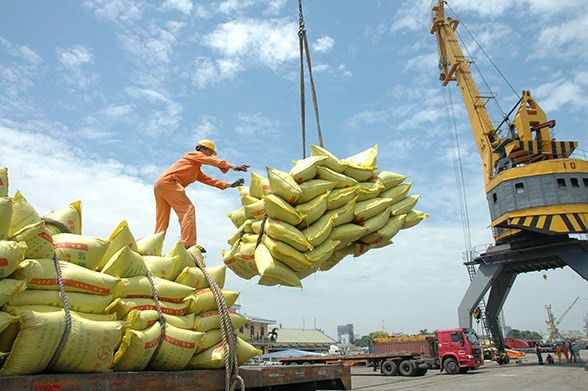
EVFTA outpaces CPTPP in preference utilisation rate
Latest
 |
| |
Statistics compiled by the Ministry of Industry and Trade (MoIT) indicate that the export turnover of goods to the EU last year saw an increase of 14.2% to reach 40.12 billion USD against 2020, while export turnover to the demanding market throughout the first half of the year also inched up by 22.6% to 23.82 billion USD compared to 2021.
Luong Hoang Thai, director of the Multilateral Trade Policy Department under the MoIT, emphasized that these developments represent positive signs, despite the fact that the local economy has been significantly impacted by the COVID-19 pandemic.
Thai assessed that the group of goods that have remarkably maximized relevant tax incentives under the EVFTA include coffee, up over 62%, pepper, up more than 81%, seafood, up over 22%, and rice by over 40%.
Notably, the iron and steel sector has been active in making the most use of the trade deal, with its exports to the EU market witnessing an eight-fold rise to nearly 2 billion USD last year.
More importantly, the export structure of agricultural products has shifted to higher-added value items. For example, the average export price of rice in the EU market has doubled compared to other markets.
Nguyen Thi Thu Trang, director of the WTO and Integration Centre under the Vietnam Chamber of Commerce and Industry (VCCI), said Vietnam has exerted great efforts in order to fine-tune the legal system in a way to effectively implement the agreement in line with international practices and norms.
Despite positive results recorded three years on from the enforcement of the trade deal, Thai underscored the importance of standardizing production activities as a way of meeting the stringent requirements set by EU importers.
Furthermore, local firms have been advised to keep up with new consumption trends, with a specific focus on green and organic products that meet labor and environmental standards, in order to further accelerate exports to the market.





















